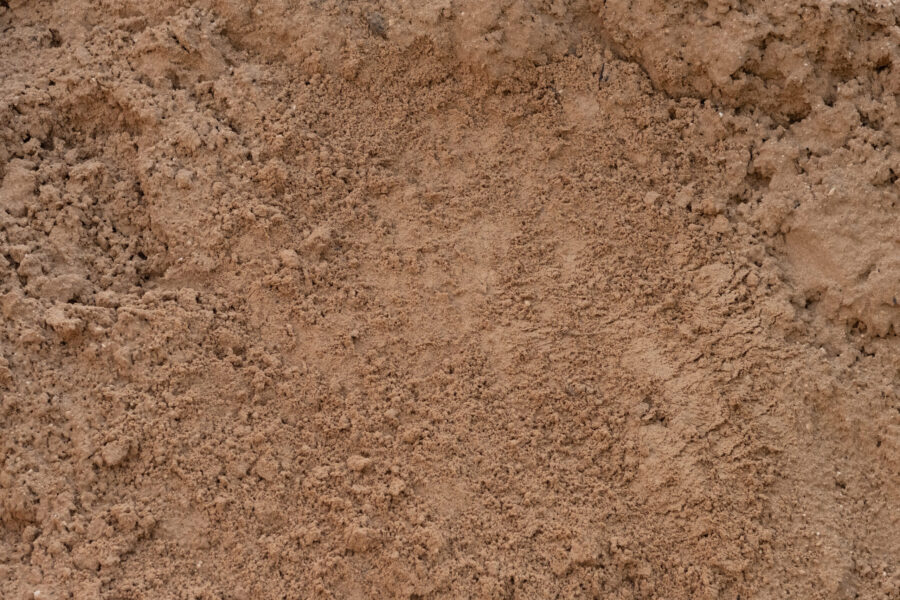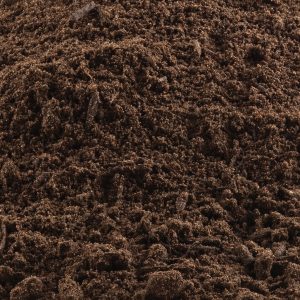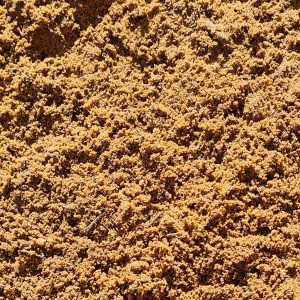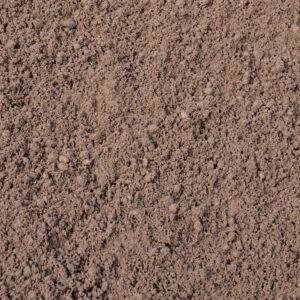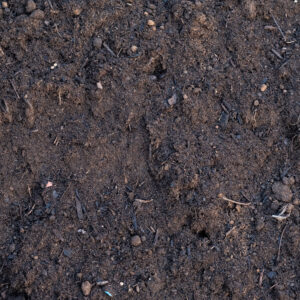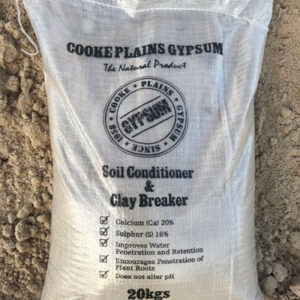Gypsum
Gypsum
What is Gypsum & What does it do?
Gypsum is a naturally occurring calcium sulphate dehydrate (CaSO42H2O), when applied to soil dissolves in rain or irrigation water to interact with the fine clay particles. As the Gypsum dissolves it acts as a flocculating agent on finer soil particles forming crumbs so that the soil becomes better aerated and gives a greater water holding capacity. This improves soil structure making the clay more stable when wet and reducing the tendency of soil surfaces to set hard when dry.
Some of the benefits of Gypsum use include;
Soil becomes better aerated making cultivation easier and cost effective improving germination and reducing erosion.
Gypsum will maintain soil structure by inhibiting dispersion. It is the calcium in Gypsum which replace sodium in the soil, consequently crusting is reduced.
Calcium added in the form of Gypsum replaces the sodium in the soil by ion exchange, allowing the sodium to be leached or washed out of the soil without altering the PH level.
Aids with water drainage to increase water storage by causing swelling in the soil and dispersion of clay.
Additional information
| Weight | 1000 kg |
|---|
$89.50

